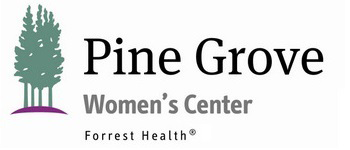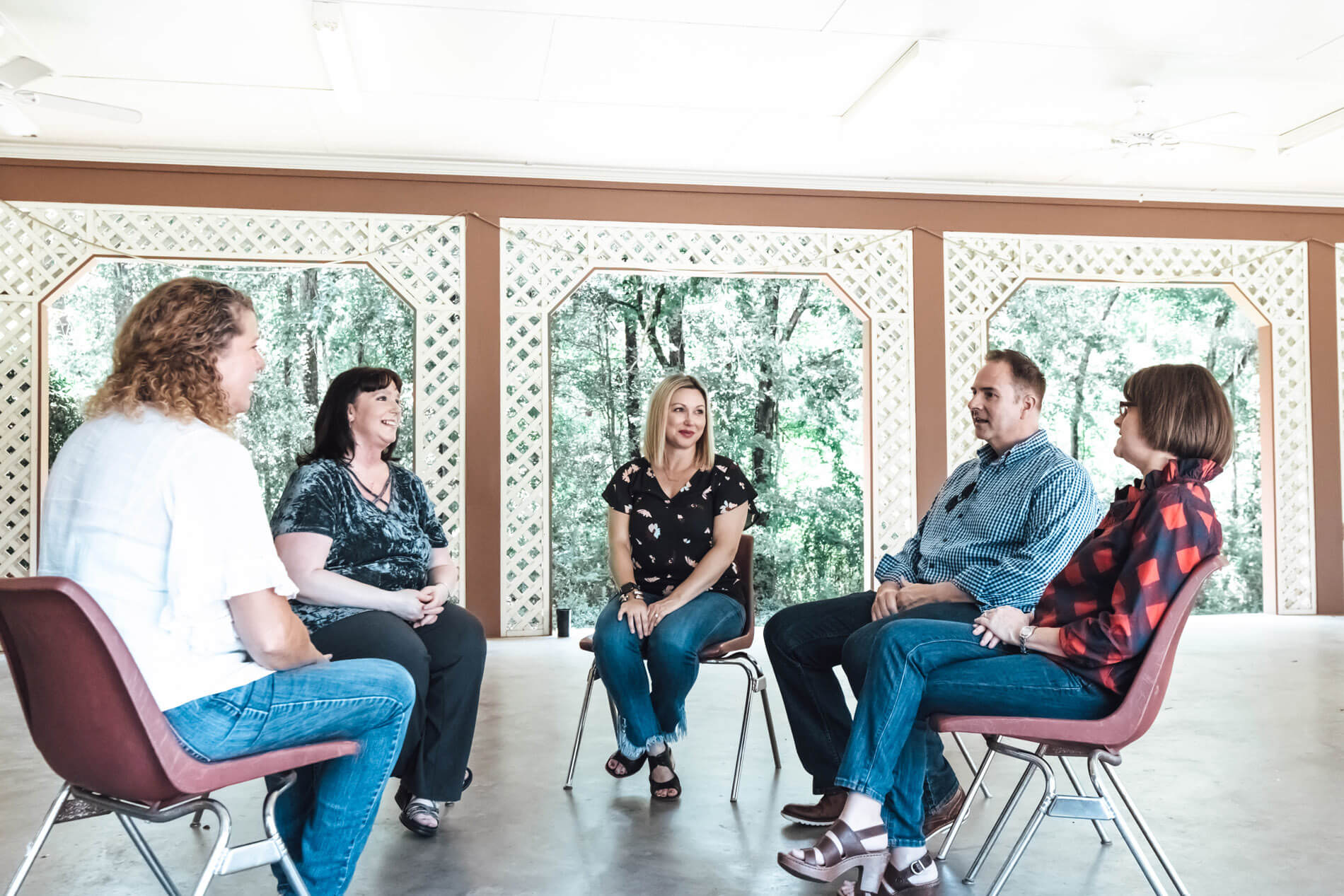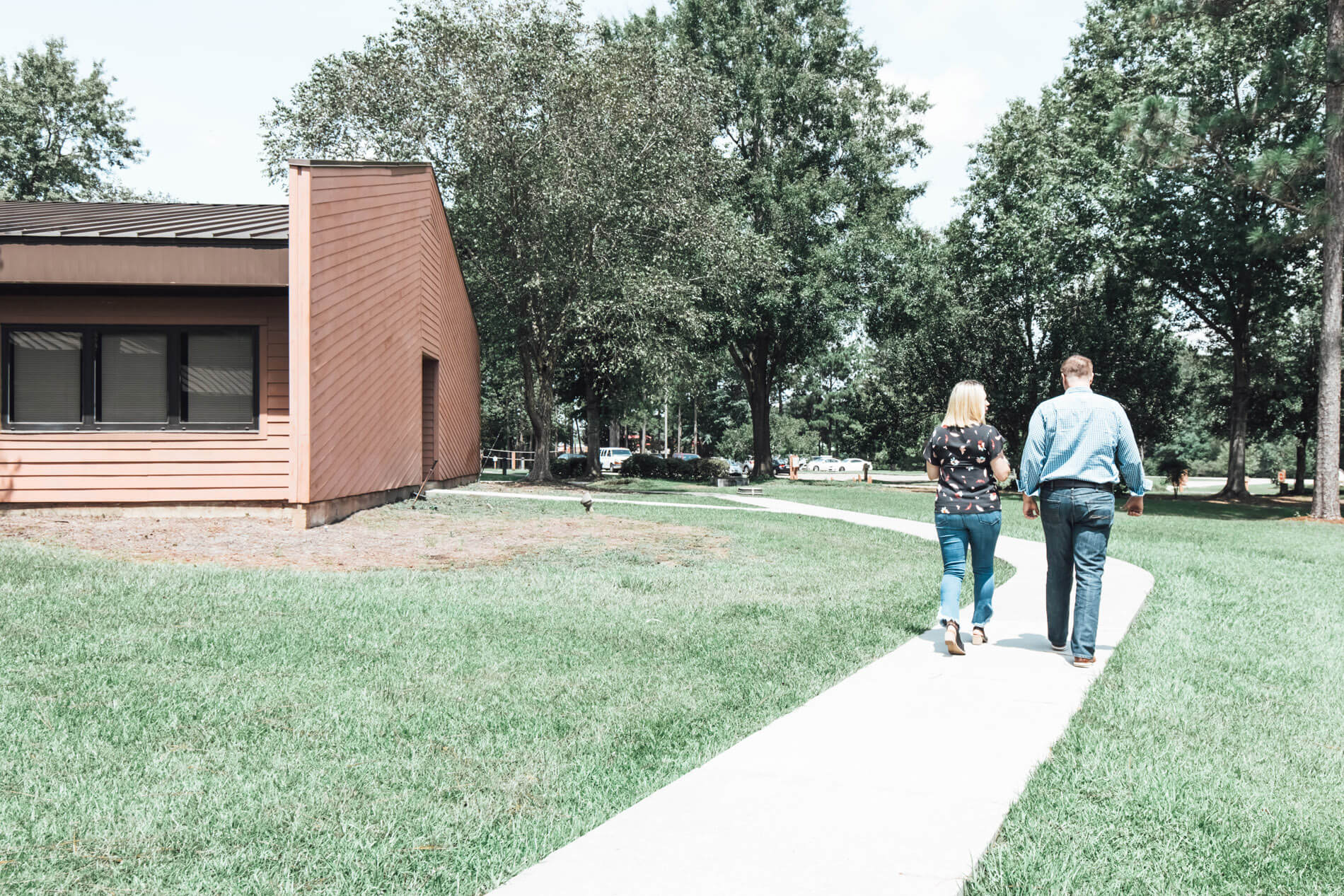Codependency
 Ted Crawford, Clinical Therapist
Ted Crawford, Clinical Therapist
For each person struggling with addiction, there are several people connected to him/her who are struggling with the emotional chaos that ripples from it. The core dilemma generally consists of two basic and ugly options: “Should I try to change them, or just tolerate it until the last of my already-loosened screws drop out and my hinges fall off completely?” Most people try a heart-wrenching cycle of both; when pleading, punishing, and manipulating don’t work, then maybe just sweeping that monster under a rug will. And when someone points out the growling hump in the rug, I’ll minimize it, maybe even defend it, or just change the subject, all while numbing my own stuffed feelings w/ some coping strategy just as pitiful as my beloved addict’s. Ugh. The only other alternative is to draw a hard boundary with them, which has its own set of nasty blow-back, such as watching them deal face-to-face with their pain or stand there, un-baited as they accuse us of betrayal. It’s extremely hard, but anything we do that bails them out only enables their downward spiral. The #1 principle: People grow and learn by facing the pain of their own unhealthy choices. There is a limit to healthy tolerance and loyalty. When it’s causing you to sacrifice your own needs and allowing another to avoid the pain of responsibility (the definition of codependency, by the way) then it’s too much. Generally, a codependent’s self-worth is overly-nourished by “being there” for others. This is a plus if you’re in a “helping” profession and happen to be at work. However, when dealing with another’s irresponsibility and/or self-indulgence in our personal relationships, this soft spot of ours gets used and abused like a truck-stop restroom. It robs the user of any need/motivation to grow up and leaves you feeling like…well, a truck-stop restroom.
As far as trying to make an addict change, it’s like trying to make your 16 year old daughter ditch her no-job-having, mouth-breather of a boyfriend. Right. Stay with that approach and you’ll find yourself mumbling obscenities as you help her with the wedding plans and baby-name choices (probably within the same day). Overt pressure only triggers rebellion, intensifies their behavior and creates misery and resentment for you. Thus, another principle: Attempts to control a situation that is beyond your control generally lead to greater chaos. We can, however, learn to control our response to others. When a loved one’s chosen behavior creates a need for distance, then we must love them from a distance. Protecting yourself and refusing to bail them out doesn’t betray them, it betrays their behavior. Let go…their path is their choice. Express your feelings clearly, then put it in their court. Either they either do what’s necessary for healthy change, or deal with a drastically redefined relationship with you… if one at all.
Ted Crawford is a Clinical Therapist for FGH’s Employee Assistance Program, which provides counseling for hospital employees and their families. He is licensed in Marriage and Family Therapy and works with clients on a wide range of issues including depression, anger, anxiety and trauma. Ted also facilitates the local Domestic Violence Intervention Program for men with anger and control issues.
Pine Grove Behavioral Health and Addiction Services is an extension of Forrest General Hospital, located in Hattiesburg, Mississippi. Pine Grove’s world renowned programs focus on treating gender specific chemical addiction including a specialized track for co-occurring eating disorders. Additionally, Pine Grove offers a focused substance abuse healing program for adults age 55 and over. Other Pine Grove specialty programs include a dedicated professional’s treatment curriculum and a comprehensive evaluation center. Pine Grove also features a program for patients with sexual and intimacy disorder issues. Pine Grove was established in 1984 and has provided nationally and internationally recognized health care for over 30 years.
Visit www.pinegrovetreatment.com or call 1-888-574-HOPE (4673) for more information.








